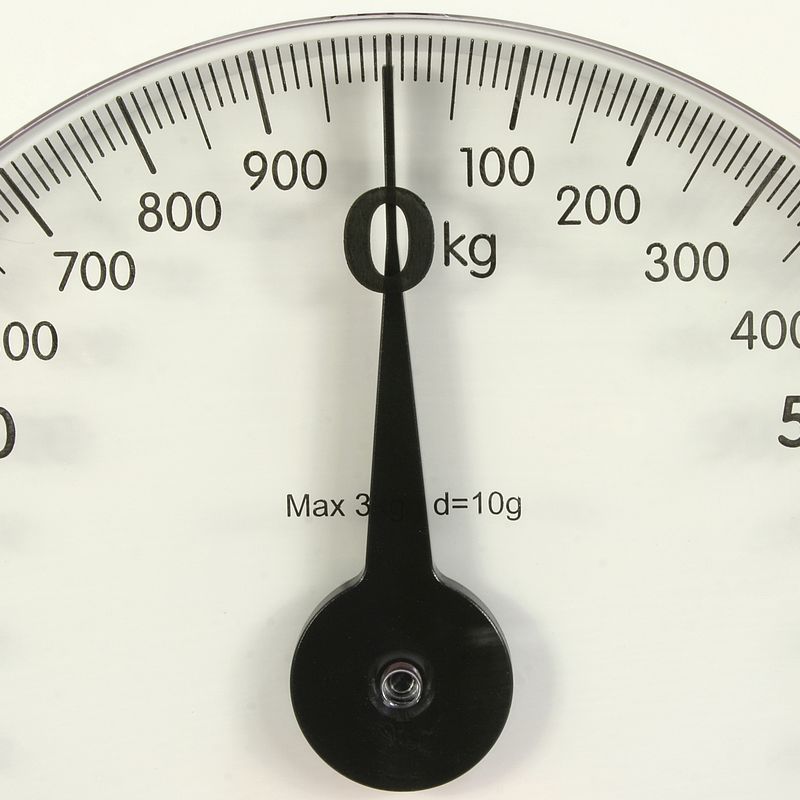
Harmonising pre-pack verification tests
Challenge
Many products are generated by continuous manufacturing processes. Ensuring that packs conform to producer’s or customer’s requirements relies on verifying the contents of products against specification. This is performed by automatic weighing instruments without human intervention. Products are sent along constantly moving conveyor belts across under-belt sensors that check their weight is within tolerances.
Periodically the performance of these automatic ‘check-weighing’ instruments must be calibrated by calibration laboratory to assess instrument accuracy. However, the methods these laboratories use are generally devised in-house by the laboratory as no standardised approach is available.
Ensuring that a calibration laboratory is competent to conduct calibration in accordance with ISO 17025 requirements is achieved by assessment by national accreditation bodies. Frequently national measurement institutes provide the technical assessor to the accreditation body, but in many emerging EU member states NMI staff do not have the necessary skills and experience in the field of automatic weighing instruments. Best practice guidance on calibration requirements for automatic weighing instruments would assist all involved in this process by providing information on calibration procedures, with associated measurement uncertainty derivation methods and a more standardised approach to calibration certificate contents.
Solution
The EMPIR project Traceable calibration of automatic weighing instruments operating in the dynamic mode developed calibration and measurement uncertainty evaluation methods for checkweighing instruments used to verify product meet mass-based specifications. The project’s methods and models were validated using on-site testing and are being incorporated into a new EURAMET calibration guide. This best practice guidance has the potential to form the basis for future standards in this field.
In this project NMIs, such as MIRS, Slovenia, with expertise in determining automatic weighing instrument performance, transferred skills and knowledge to less experienced staff in emerging NMI in neighbouring Balkan states to increase the pool of technical assessors available to national accreditation bodies. This is also important for harmonising compliance of these countries with legally binding international trade regulations and the EUs MID and the Pre-packages Directives.
Impact
Lotric Metrology is one of the largest measurement service company in Eastern Europe and offers accredited inspections to customers operating automatic weighing instruments in the food processing, logistics, cosmetics and pharmaceutical industries. As an inspection body accredited by Slovenian Accreditation (SA), Lotric verifies the performance of installed check-weighing instruments following OIML R51 testing methods. The introduction of the EURAMET calibration guide for automatic check-weighing instruments, resulting from this project, is welcomed by Lotric as it will provide the first documented check-weighing calibration procedure and guidance on what is required on calibration certificates. Available via the EURAMET website, this guide will enable all involved in the accreditation chain from the manufacturer launching a new check-weighing instrument, to those performing routine instrument calibrations and assessors confirming competence of calibration laboratories. This will aid companies, like Lotric, to confirm that the calibration procedures they perform comply to the quality standard ISO 17025.
- Category
- EMRP,
- Industry,
